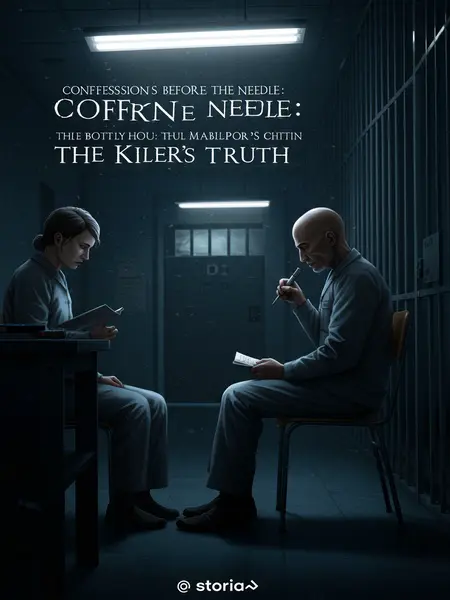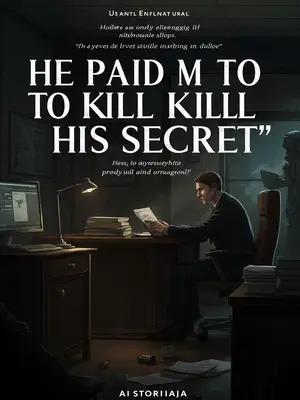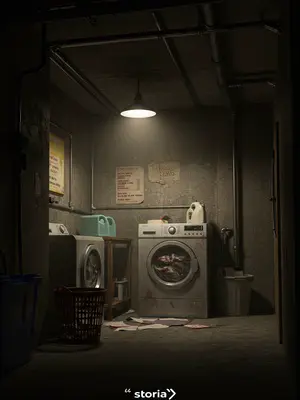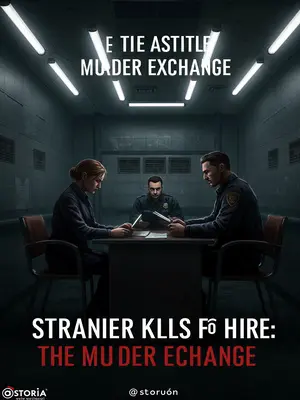Chapter 2: Assignment
After graduating college in 2005, I landed in the correctional education department at a men’s prison tucked in the mountains of western Colorado, starting out as a psychological counselor. My job was simple: listen to inmates and try to keep them sane enough for rehab.
That first morning, the thin mountain air burned my lungs. The prison looked like a squat, forgotten fortress wedged against pine-dotted slopes—completely foreign to me. The halls reeked of disinfectant and sweat; the breakroom coffee tasted like burnt rubber, and someone had taped a Broncos schedule to the fridge. Most days, I just listened to stories nobody else wanted.
There was a prisoner named Brian Ellis. He wasn’t on my list of main cases. Sentenced to death with a two-year reprieve for first-degree murder, he’d served over a year already. He kept to himself—obedient, never in fights, barely noticeable among the chaos.
He was the sort of guy you’d lose in a crowd—slight, bookish, shrinking into himself. Watching him in the yard, you’d never guess what he’d done.
If Brian kept his head down a few more months, he’d clear the reprieve assessment and get his sentence commuted to life without parole.
But that’s not how it played out.
Not long ago, Brian snapped—attacked his cellmate with a ferocity nobody saw coming. It was a one-sided assault, every blow meant to kill. Less than ten seconds, and the man was dead. The guards barely had time to move.
The whole place reeled. We’d gotten used to thinking of Brian as almost gentle. Nobody expected him to explode—least of all me.
A year of good behavior had nearly made people forget Brian Ellis was a killer who’d dismembered someone. Only a sharp attorney got him that reprieve.
Now, Brian was facing the end he earned. Breaking the rules during reprieve—especially like this—meant the needle, no question.
In Colorado, these cases get a few days in the local news before fading. But inside, the air turns tight, glances get wary. Nobody forgets for long.
After the new verdict, we gave Brian a day’s notice. He learned that the last 24 hours of his life were mapped out in detail.
Tomorrow, he’d have a chance to see family, shower, eat, talk with me, then get checked and prepped for execution.
Brian’s face went strange, but he said nothing.
I asked, "Do you have any questions?"
"No."
He looked past me, like this was just another box to tick.













